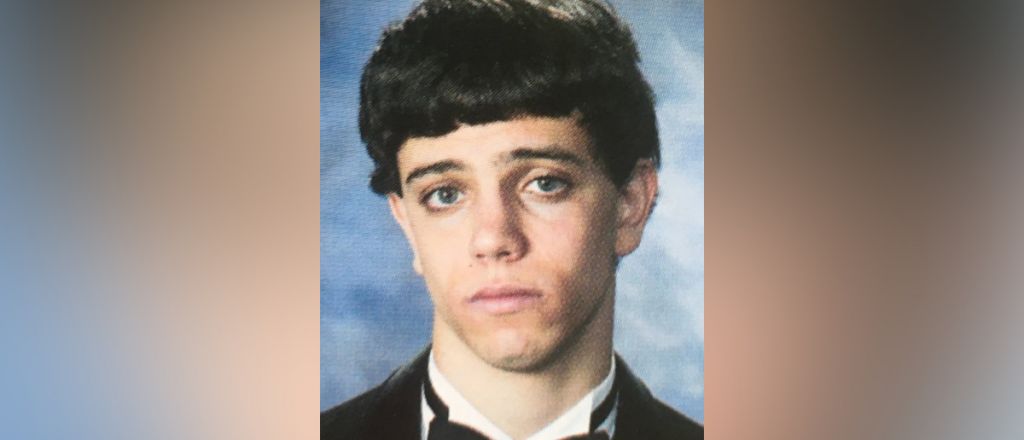David Katz played video games obsessively as a young adolescent, often refusing to go to school or to bathe. Elizabeth Katz, a toxicologist at the Department of Agriculture, said she confiscated some of her son’s gaming equipment after finding him playing in the wee hours.
“His hair would very often go unwashed for days. When I took his gaming equipment controllers away so he couldn’t play at 3 or 4 in the morning, I’d get up and find that he was just walking around the house in circles,” the mother said, according to a transcript in the court files.
At one point, she put his gaming controllers in her bedroom behind a locked door and he punched a hole in the door, she said.
Elizabeth Katz said her youngest son had increasing difficulty concentrating following his parents’ split. A judge awarded custody of the boy to his mother, with visitation rights to the father.
At times David “curled up into a ball,” refused to attend school and sobbed, she said. She asserted that her ex-husband instructed David not to take Risperidal — an anti-psychotic medication prescribed to him. The father claimed in court filings that David was not “diagnosed as psychotic.”
He missed large stretches of school while under his mother’s supervision. He was admitted to the nearby Sheppard Pratt mental health system for about 12 days in late 2007. Court documents say a psychiatrist at that time administered antidepressants. He later spent about 13 days at Potomac Ridge, a mental health services facility in Rockville.
Richard Katz, a NASA engineer, said his ex-wife had “an obsession with using mental health professionals and in particular psychiatric drugs to perform the work that parents should naturally do.” He said she routinely gave false information to mental health care providers. He described one incident in which his son was handcuffed by police after locking himself in his mother’s car in an attempt to avoid going to a mental health appointment with her.
Federal law requires gun buyers to disclose whether they have ever been involuntarily committed to a mental institution. Maryland state law also prohibits the sale or transfer of a gun to someone who has been diagnosed with a mental disorder or who has a history of violent behavior.
In recent weeks, Katz legally purchased the two handguns he carried from a gun store in Baltimore, the sheriff said.
The sheriff, who said Katz did not fire both weapons, did not say whether Katz disclosed his past hospitalizations on the form for the required federal background check.

No comments:
Post a Comment